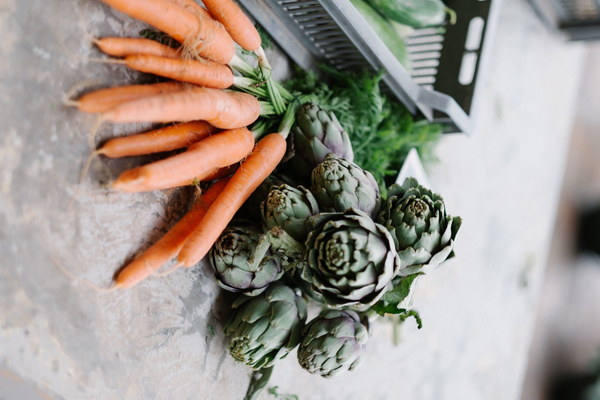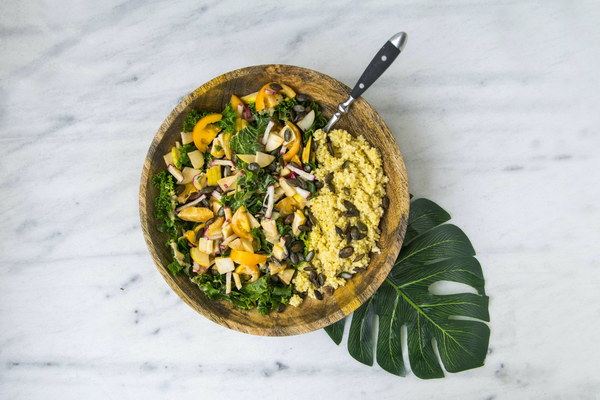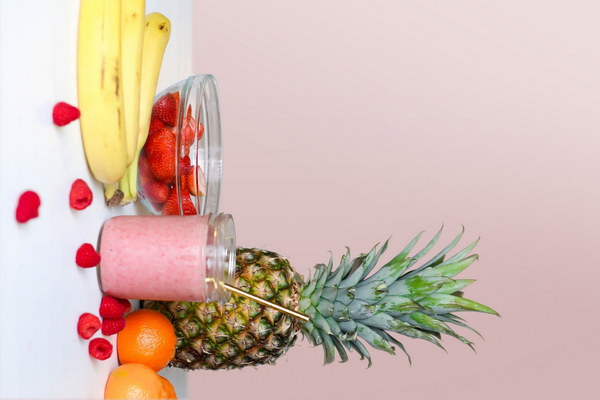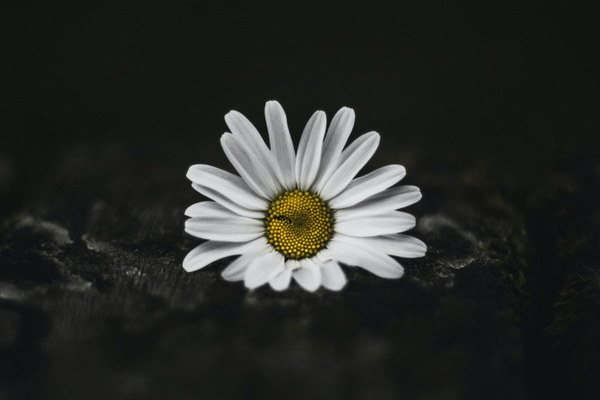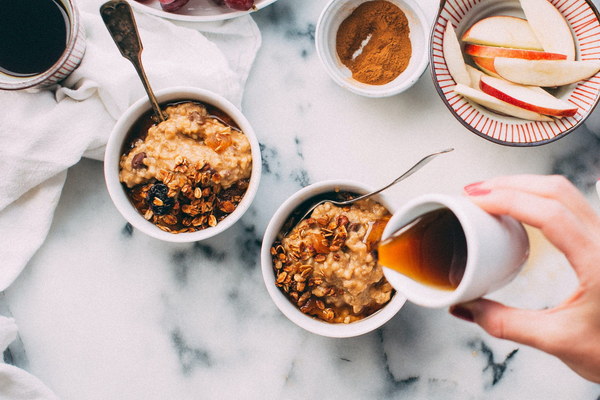Nourish Your Way to Vitality The Ultimate Herbal Remedies for Women's Health
In a world where the pace of life often leaves us feeling depleted and rundown, it's no surprise that many women seek natural remedies to bolster their health and well-being. Traditional herbal remedies have been used for centuries to address a variety of women's health concerns, from menstrual irregularities to menopausal symptoms. This article delves into the world of herbal supplements designed specifically for women, offering a holistic approach to nourishing the body from the inside out.
Herbal Remedies for Women: An Overview
Herbal remedies for women are derived from plants that have been traditionally used to support various physiological functions unique to women. These remedies often include a blend of herbs that work synergistically to address specific issues such as hormonal imbalances, fatigue, and mood swings.
1. Chaste Tree Berry (Vitex agnus-castus)
Chaste tree berry is well-known for its ability to regulate menstrual cycles and alleviate symptoms of PMS. It works by influencing the pituitary gland to balance the levels of luteinizing hormone (LH) and follicle-stimulating hormone (FSH), which in turn can help regulate the menstrual cycle.
2. Black Cohosh (Cimicifuga racemosa)
Black cohosh is a popular herb used to manage menopausal symptoms such as hot flashes, night sweats, and mood swings. It contains compounds that mimic estrogen, helping to alleviate some of the symptoms associated with hormonal fluctuations during menopause.
3. Dong Quai (Angelica sinensis)
Dong Quai is a traditional Chinese herb that is often referred to as female ginseng. It is believed to balance female hormones and is commonly used to treat menstrual disorders, menopausal symptoms, and fatigue. Dong Quai is also thought to improve circulation and support the immune system.
4. Red Clover (Trifolium pratense)
Red clover is rich in isoflavones, which are plant-based compounds that have a similar structure to estrogen. This makes red clover an excellent herb for women experiencing menopausal symptoms, as it can help to alleviate some of the hormonal imbalances that occur during this time.
5. Licorice Root (Glycyrrhiza uralensis)
Licorice root has been used for centuries to support the adrenal glands and improve energy levels. It contains glycyrrhizin, which can help to balance hormones and reduce inflammation. Licorice root is often included in herbal formulas for women's health due to its ability to support overall well-being.
6. Sarsaparilla (Smilax officinalis)
Sarsaparilla is another herb that has been traditionally used to support female reproductive health. It is believed to help regulate menstrual cycles and may also be beneficial for women with polycystic ovary syndrome (PCOS).
7. Siberian Ginseng (Eleutherococcus senticosus)
Siberian ginseng is known for its adaptogenic properties, which means it helps the body adapt to stress and maintain balance. This makes it a great herb for women who are often overwhelmed or dealing with chronic stress.

How to Incorporate Herbal Remedies into Your Routine
When considering herbal remedies for women's health, it's important to consult with a healthcare professional to determine the best options for your individual needs. Here are some tips for incorporating herbal supplements into your routine:
- Start Small: Begin with a low dose of any new supplement and gradually increase as needed.
- Quality Matters: Choose high-quality, organic herbs whenever possible to ensure purity and potency.
- Consistency is Key: Take supplements consistently for the best results.
- Monitor Your Response: Pay attention to how your body responds to different herbs and adjust your regimen as necessary.
Conclusion
Herbal remedies offer a natural and holistic approach to supporting women's health. By understanding the properties and benefits of these traditional remedies, women can take proactive steps to nurture their bodies and maintain overall well-being. Remember, while herbal supplements can be a valuable part of a healthy lifestyle, they should be used in conjunction with a balanced diet, regular exercise, and adequate rest.



